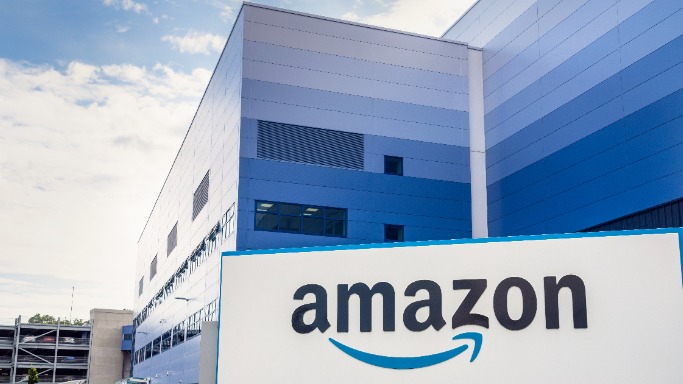Staten Island’s Amazon Labor Union, the first successful U.S. labor union voted for by Amazon workers, may have received unethical assistance from federal bureaucrats seeking to put their thumb on the scale against American families who rely on Amazon’s lower prices, rapid service and convenience.
Kristen Swearingen, chair of the Coalition for a Democratic Workplace (CDW), issued a statement explaining the problems with this vote, whose results were announced Friday. Swearingen raised concerns about possible violations by unelected bureaucrats with the National Labor Relations Board, the federal body overseeing labor unions. CDW, composed of more than 500 business and trade organizations, works to protect secret ballots during union elections.
“Congress also needs to investigate the suit filed by the NLRB’s General Counsel a week before the election to force Amazon to reinstate a worker who verbally harassed a female colleague with sexually charged and profane obscenities,” Swearingen said. “The worker was fired for the outrageous and unacceptable behavior nearly two years ago, but General Counsel Abruzzo chose to file suit against the company only a week before voting in this election began. Congress needs to examine why the General Counsel chose to file a suit now. The timing is at best inappropriate and, at worst, suggests an intent to impact the outcome of the election.”
The terminated employee in question, who claimed he was protesting Amazon’s health conditions, is shown on video shouting degrading obscenities at a female employee over a bullhorn outside the Staten Island Amazon facility. Video shows the terminated employee using the bullhorn to call a female coworker a “gutter b*tch,” “ignorant and stupid,” “crack-head a*s,” “crack ho,” and “queen of the swamp” and accuse the female employee of being “high” and on “fentanyl.”
“The NLRB should be concerned that less than a third of workers at the Amazon plant who were eligible to vote in this election supported the union,” Swearingen said. “Participation in the election was abysmal. The Board needs to examine why only 58% of the 8,325 eligible voters participated in the election and only about 32% (2,654) supported the union. This is not a model for long-term industrial democracy or stability. The Board needs to work on increasing voter participation and ensure that the decision to enlist a union as an exclusive representative is supported by the majority of employees.”
The National Retail Federation also wrote a letter to Congress’ top four leaders on the Senate and House labor committees, raising similar concerns about the timing of NLRB’s lawsuit and calling for an investigation.
“Unfortunately, the NLRB has a history of defending unacceptable behavior by employees engaged in protests or strikes,” the Federation wrote. “The [NLRB] General Counsel’s decision to move forward in this case shows a disregard for the growing chorus of voices declaring that this type of behavior has no place in the workplace or the picket line. Her decision to pursue this case risks forcing employers to violate federal antidiscrimination laws and interfering with workers’ right to a free and fair representation election.”
If unionzing spreads far and wide at Amazon, Sucharita Kodali, an analyst at research firm Forrester, told The Wall Street Journal that Amazon’s “cost of operations could go up significantly,” which means higher prices for shoppers.
The Journal also reports:
“Amazon notes that its average starting salary is well over twice the national minimum wage of $7.25 an hour, and it offers benefits that include healthcare and 401(k) options and paid tuition. The company has set goals to reduce common injuries and said it monitors workplace injuries closer than other companies, which might cause its reported rates to be higher. Amazon also has said less than 1% of firings happen because of underperformance.”
This questionable lawsuit by NLRB General Counsel Jennifer Abruzzo should come as no surprise. She has argued that Black Lives Matter protests are protected by federal labor law, even though they are not directly tied to the specified parameters of a particular company’s union or would-be union.
Everyone wants workers to have safe conditions and high satisfaction, but wielding the long arm of government to wrongly pressure companies is a troubling precedent.

